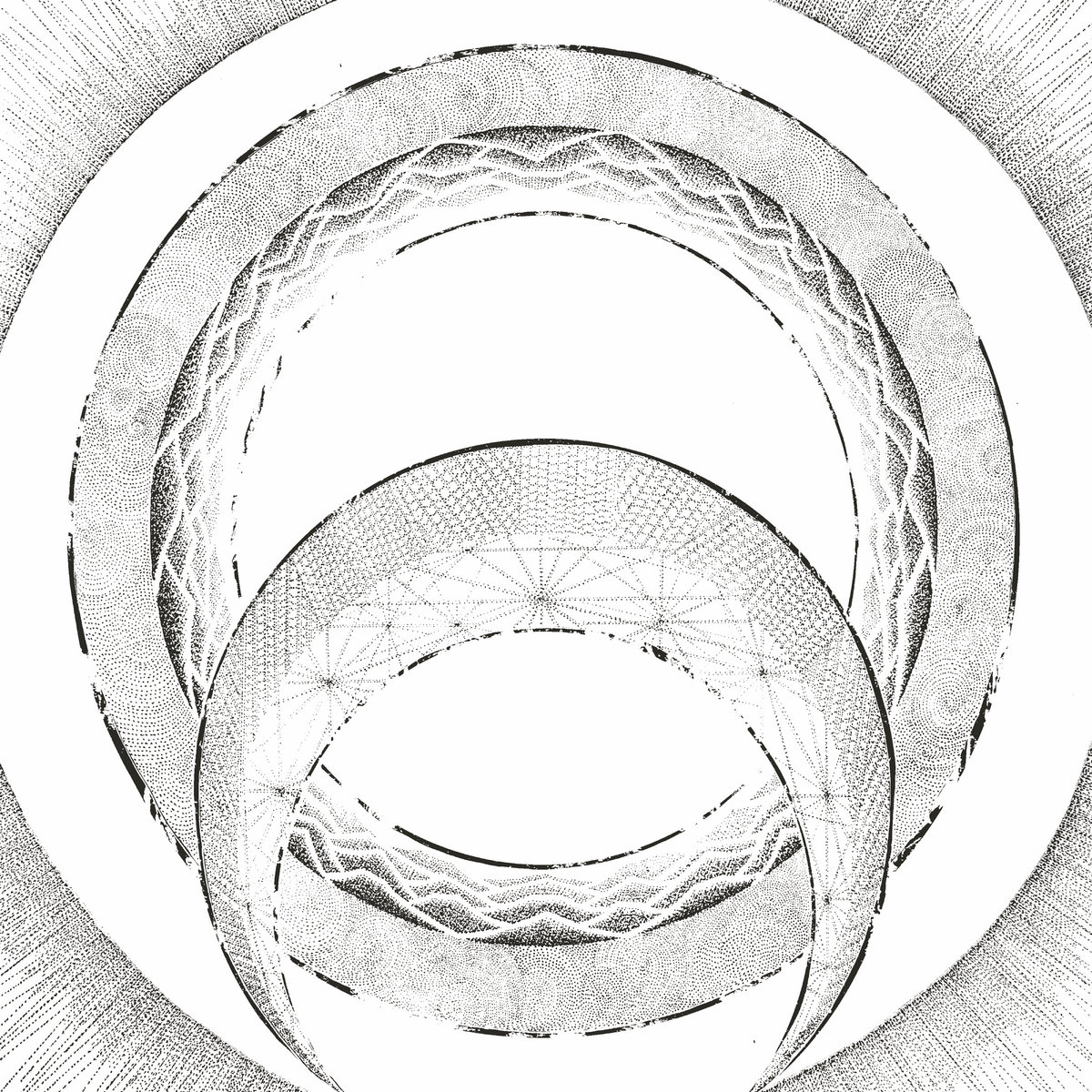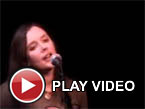Tristan Allen, "Tin Iso and the Dawn"
 This is New York-based composer/puppeteer Tristan Allen's full-length debut and it is quite an ambitious one, as Tin Iso and the Dawn is the first chapter of a planned "shadow puppet symphony" trilogy loosely based on Wagner's "Tristan and Isolde" that has been in the works since 2015. From where I am standing, there are innumerable ways in which such an album could go wrong and they range from "forgettable score to cool puppet show" to "cloyingly precious" to "outright bombastic." Instead, however, Tin Iso and the Dawn sounds like a stone-cold masterpiece dropped by a creative supernova. Listening back to Allen's previous discography (a pair of classical piano EPs), it almost feels like this vision materialized out of nowhere, but the seeds of this puppet-centric magnum opus may have been planted more than a decade ago when Allen co-wrote a piece with Amanda Palmer in the early days of her "Dresden Dolls hiatus" solo career.
This is New York-based composer/puppeteer Tristan Allen's full-length debut and it is quite an ambitious one, as Tin Iso and the Dawn is the first chapter of a planned "shadow puppet symphony" trilogy loosely based on Wagner's "Tristan and Isolde" that has been in the works since 2015. From where I am standing, there are innumerable ways in which such an album could go wrong and they range from "forgettable score to cool puppet show" to "cloyingly precious" to "outright bombastic." Instead, however, Tin Iso and the Dawn sounds like a stone-cold masterpiece dropped by a creative supernova. Listening back to Allen's previous discography (a pair of classical piano EPs), it almost feels like this vision materialized out of nowhere, but the seeds of this puppet-centric magnum opus may have been planted more than a decade ago when Allen co-wrote a piece with Amanda Palmer in the early days of her "Dresden Dolls hiatus" solo career.
The album begins in somewhat deceptive fashion, as "Opening" is initially just a bittersweet solo piano melody that feels like a simple yet lovely classical piece built from a few well-chosen arpeggios. That is familiar territory for Allen, but that familiarity begins unraveling in under a minute, as the arpeggios are quickly enlivened with harmonies, melodic flourishes, rhythmic disruptions, psychotropic tendrils, and a wake of groans and lingering decays. Then yet another surprise happens in the final minute, as it sounds like Allen stops playing, closes the piano, and lets the lingering haze of murk threaten to become a self-perpetuating drone piece. If Allen were some kind of Andy Kaufman-style performance artist/comedian, it would have been a solid move to let that haze of decay play out for another forty minutes, but it instead segues into the first of four acts ("Act I: Stars and Moon"). From that point onward, Tin Iso and the Dawn features a near-unbroken run of achingly beautiful and unique orchestral pieces.
The four acts share some common themes and textures, unsurprisingly, but they each feel like their own discrete world as well. In "Stars and Moon," for example, a slow-motion chord progression quickly blossoms into an epic-sounding swell of brooding brass, gnarled distortion, sensuously dreamlike flutes, and something that sounds like it could plausibly be puppets playing rusty xylophones. Aside from being a wonderfully haunting piece in general, "Stars and Moon" was the first piece in which I found myself awe-struck by Allen's uniquely brilliant execution. For one, it has the scale of an orchestral composition, yet organically ebbs and flows like an especially beautiful drone piece rather than a formal composition: Allen's manipulation of layers feels akin to that of a killer dance producer expertly adding and removing cymbals and kicks (albeit with puppets and flutes instead). I was similarly struck by Allen's lightness of touch and inspired balance of textures. Pure beauty is nice and all, but pure beauty being gnarled and gnawed in interesting ways is even better.
Happily, the second act ("Sea and Sky") is every bit as wonderful as the first, as it sounds like a swooning and bittersweet distillation of Disintegration-era Cure's lush Romanticism. There are also plenty of psychotropic and ravaged textures to help deepen my immersion, of course, but I was additionally struck by how Allen is able to work on such a large scale without sacrificing any sensuality or intimacy.
The album admittedly loses a little steam with the more ambient-adjacent third act ("Land and Growth"), but only because it feels a bit like a score rather than a stand-alone piece. I can only assume that the puppets are going to be doing something so incredibly cool that Allen concluded that the music should temporarily downshift into a mere backdrop, but I enjoyed the pleasantly ghostly ambiance nonetheless. Also, there is a subtly gorgeous glassy/fluttering motif in the final moment that feels like a supernatural fog just dissipated to reveal a beautiful phantasmagoric lepidopterarium. I bet Wagner never did that. Probably never even occurred to him, in fact.
To my ears, the centerpiece of the album is the fourth act ("Death and the Dawn"), which is yet another slow-motion masterpiece of bittersweet Romanticism. All of the elements that I love from the earlier pieces are back in prime form (haunting melodies, softly beautiful flutes, well-timed intrusions of distortion/feedback, etc.), but there are also a couple of new features that elevate it to another plane altogether. The first is that it feels like the central melody is being played on a massive Ellen Fullman-esque zither or prepared piano soundboard in which the entire room becomes an immersive resonance chamber (and I love that the harmonic-like melody is enhanced with a lingering decay that falls out of sync). It also features my favorite touch on the entire album: a mournful brass moan around the 8-minute mark that briefly cuts through the piece like a howl of anguish, then promptly vanishes.
The final act is also an unusually warm piece, which is yet another illustration of Allen's impressive appreciation for nuance and lightness of touch. Given that Tin Iso and the Dawn is a Wagner-inspired shadow puppet story with doomed Romanticism at its heart, this easily could have been a very dark album (or a very camp one), but Allen keeps enough genuine human warmth at its core that it feels like a bittersweet celebration of both life and love instead. In keeping with that theme, the album closes with a brief solo piano coda that feels vibrantly spontaneous and alive, which is an absolutely perfect way to end: it feels like a dreamlike spell has just lifted to reveal a flesh and blood human alone at a piano. If I were experiencing this live (something I definitely hope to do now), that last touch would probably nudge me (and everyone else) into a spontaneous standing ovation. This is an absolutely wonderful and one-of-a-kind debut that deserves an immediate and passionate cult following.



